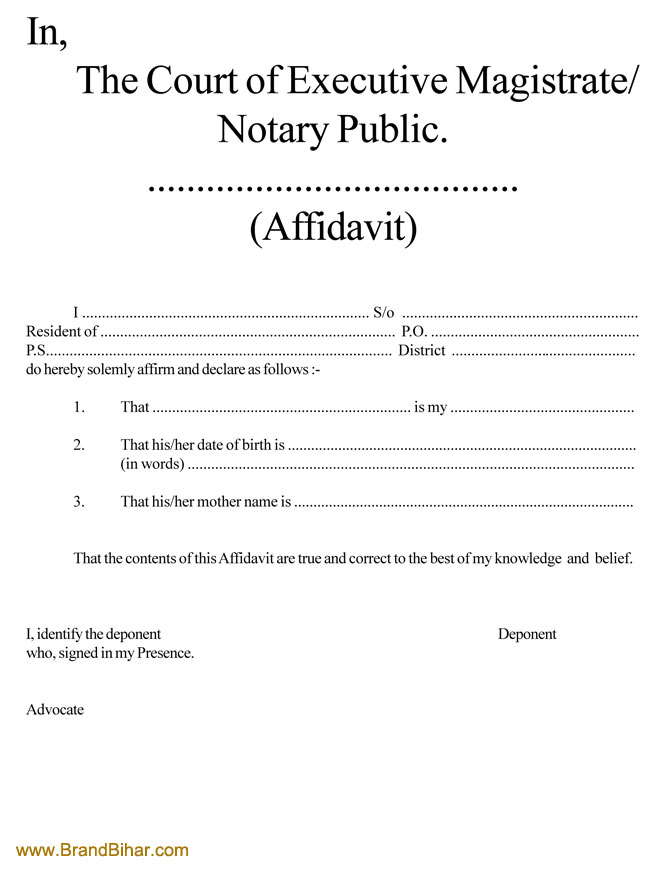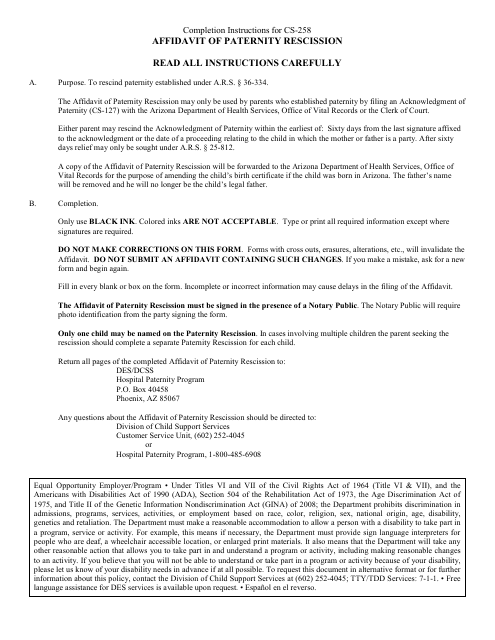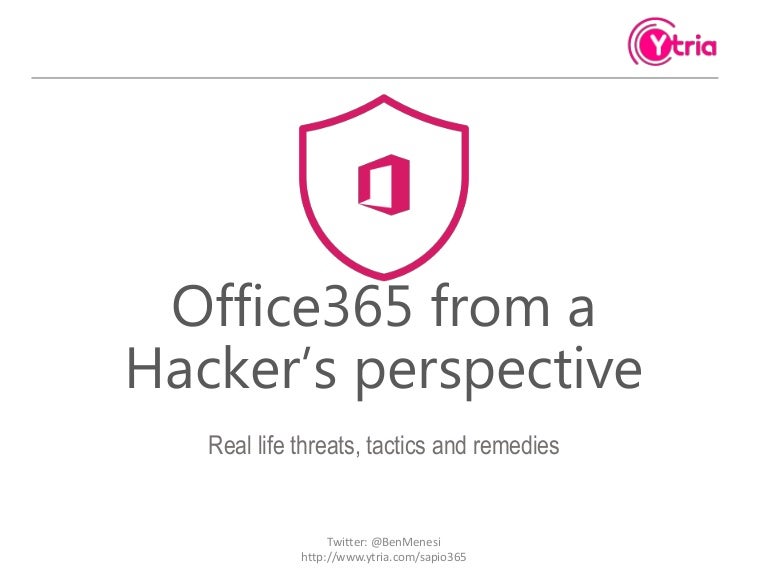It introduced an affidavit signed by the previous pastor, who was employed by the church for 27 years. Christianity Today ( 2000 ) Example sentences from Collins dictionaries.
An affidavit is a written document that contains a swearing by a particular person and is legally recognized by the court. It is used to state some facts regarding marriage, divorces, births and change of names. The affidavits need to be attested by a certain person with a legal background. These documents are used for various purposes, and you can check the following Sample Affidavit Forms to know the details of its format. You can also follow the pattern of a sample affidavit presented here. Is vmware unlocker safe.
Related:
Free Affidavit of Support Letter Sample
Affidavit of Support Letter For Immigration
Sample Affidavit of Support Letter for Visa
Affidavit Letter for Immigration Sample
Affidavits for immigration are written by people moving to a new location. This letter has the name of the legal firm at the top. The document follows the format of a letter, with the name and address of the concerned person.

Marriage Affidavit Form Example
Marriage affidavit forms include the names of persons involved in it. This template is formatted in the form of different statements with the relevant details, with the corresponding numbers along the sides.
Birth Certificate Affidavit in PDF
These affidavits are signed by the parents when a child is born. It contains the name given to the child, the date of birth and personal details of its parents.
Why are Affidavits Signed by People?
Most of the people sign affidavits that are overseen by their solicitors. These documents are signed to legally recognize a statement or a change in the existing facts related to the personal lives of people. For instance, certain people change their names due to personal reasons. They need to sign an affidavit to authenticate the change legally. In other cases, these are necessary to register marriage or divorce cases. Debt cases also involve the use of affidavits. People sign these for other purposes too, like property disputes. The purpose of an affidavit is to recognize the statement and legally acknowledge its authenticity. You can also see Sample Schedule C Forms.
Affidavit of Financial Support Form Sample
Financial Affidavit of Support Form for education in the form of sponsorships involve the signing of an affidavit. It includes the name of the student, his/her personal details and the name of the sponsor.
Free Sample Affidavit for Personal Property
After the death of a person, his descendants collect the property inherited from the former. Here, an affidavit is required, including the date of the death of the concerned person. The affidavit states the claim of the person over the property and is formatted in the form of separate paragraphs. You can also see the affidavit Forms.
Individual Financial Affidavit to Download
What Information Should be Included in the Affidavits?
The complete personal details of a person have to be included in the affidavit. This includes the name, date, and place of birth and address. If it is a marriage or divorce affidavit, it has to include the name of the other person and your relationship with that person. The document may also contain the seal of the legal firm that assists the person to sign the Affidavit of Support Samples. It is written in the form of a letter. In other cases, the letter conveys the details of the purpose, whether it is a change of name or birth of a person.
Affidavit of Support Letter Example
Parental Consent Affidavit Format
Personal Affidavit Form Printable
Generic Affidavit in Word
You can check out any Sample Affidavit from the website and get a concept about how to format it or what information you should include in an affidavit. You can also look out for Divorce Forms or Blank Affidavit Forms in the portal. All the templates can be customized as per your requirement.
If you have any DMCA issues on this post, please contact us.
Related Posts
An affidavit (/ˌæfɪˈdeɪvɪt/(listen)AF-i-DAY-vit; Medieval Latin for he has declared under oath) is a written sworn statement of fact which is voluntarily made by an affiant or deponent under an oath or affirmation which is administered by a person who is authorized to do so by law. Such a statement is witnessed as to the authenticity of the affiant's signature by a taker of oaths, such as a notary public or commissioner of oaths. An affidavit is a type of verified statement or showing, or in other words, it contains a verification, which means that it is made under oath or penalty of perjury, and this serves as evidence for its veracity and is required in court proceedings.
Affidavits may be written in the first or third person, depending on who drafted the document. The document's component parts are typically as follows:
- a commencement which identifies the 'affiant of truth',[1] generally stating that everything in it is true, under penalty of perjury, fine, or imprisonment;
- an attestation clause, usually a jurat, at the end certifying that the affiant made oath and the date;
- signatures of the author and witness.
If an affidavit is notarized or authenticated, it will also include a caption with a venue and title in reference to judicial proceedings. In some cases, an introductory clause, called a preamble, is added attesting that the affiant personally appeared before the authenticating authority.
Australia[edit]
On 2 March 2016, the High Court of Australia held that the ACT Uniform Evidence Legislation is neutral in the way sworn evidence and unsworn evidence is treated as being of equal weight.[2]
India[edit]
In Indian law, although an affidavit may be taken as proof of the facts stated therein, the courts have no jurisdiction to admit evidence by way of affidavit. Affidavit is not treated as 'evidence' within the meaning of Section 3 of the Evidence Act.[3] However, it was held by the Supreme Court that an affidavit can be used as evidence only if the court so orders for sufficient reasons, namely, the right of the opposite party to have the deponent produced for cross-examination.[4] Therefore, an affidavit cannot ordinarily be used as evidence in absence of a specific order of the court.
Sri Lanka[edit]
In Sri Lanka, under the Oaths Ordinance, with the exception of a court-martial, a person may submit an affidavit signed in the presence of a commissioner for oaths or a justice of the peace.
Ireland[edit]
Affidavits are made in a similar way as to England and Wales, although 'make oath' is sometimes omitted. A declaration may be substituted for an affidavit in most cases for those opposed to swearing oaths. The person making the affidavit is known as the deponent but does not sign the affidavit. The affidavit concludes in the standard format 'sworn (declared) before me, [name of commissioner for oaths/solicitor], a commissioner for oaths (solicitor), on the [date] at [location] in the county/city of [county/city], and I know the deponent (declarant)', and it is signed and stamped by the commissioner for oaths.
United States[edit]
In American jurisprudence, under the rules for hearsay, admission of an unsupported affidavit as evidence is unusual (especially if the affiant is not available for cross-examination) with regard to material facts which may be dispositive of the matter at bar. Affidavits from persons who are dead or otherwise incapacitated, or who cannot be located or made to appear, may be accepted by the court, but usually only in the presence of corroborating evidence. An affidavit which reflected a better grasp of the facts close in time to the actual events may be used to refresh a witness's recollection. Materials used to refresh recollection are admissible as evidence. If the affiant is a party in the case, the affiant's opponent may be successful in having the affidavit admitted as evidence, as statements by a party-opponent are admissible through an exception to the hearsay rule.
Affidavits are typically included in the response to interrogatories.[5][6]Requests for admissions under Federal Rule of Civil Procedure 36, however, are not required to be sworn.[7][8]
When a person signs an affidavit, that person is eligible to take the stand at a trial or evidentiary hearing. One party may wish to summon the affiant to verify the contents of the affidavit, while the other party may want to cross-examine the affiant about the affidavit.[9]
Some types of motions will not be accepted by the court unless accompanied by an independent sworn statement or other evidence in support of the need for the motion. In such a case, a court will accept an affidavit from the filing attorney in support of the motion, as certain assumptions are made, to wit: The affidavit in place of sworn testimony promotes judicial economy. The lawyer is an officer of the court and knows that a false swearing by him, if found out, could be grounds for severe penalty up to and including disbarment. The lawyer if called upon would be able to present independent and more detailed evidence to prove the facts set forth in his affidavit.
The acceptance of an affidavit by one society does not confirm its acceptance as a legal document in other jurisdictions. Equally, the acceptance that a lawyer is an officer of the court (for swearing the affidavit) is not a given. This matter is addressed by the use of the apostille, a means of certifying the legalization of a document for international use under the terms of the 1961 Hague Convention Abolishing the Requirement of Legalization for Foreign Public Documents. Documents which have been notarized by a notary public, and certain other documents, and then certified with a conformant apostille, are accepted for legal use in all the nations that have signed the Hague Convention. Thus most affidavits now require to be apostilled if used for cross border issues.
Types of affidavit[edit]
There are various occasions or circumstances when a person needs an affidavit for a specific purpose and for that reason there are multiple as listed below:[10]

- Affidavit of Citizenship
- Affidavit of Death
- Affidavit of Heirship
- Affidavit of Identity Theft
- Affidavit of Name Change
- Affidavit of Residence
- Affidavit of Service
- Affidavit of Small Estate
- Affidavit of Support
- Divorce Affidavit
- Financial Affidavit
See also[edit]
- Fishman Affidavit, a well-known example of an affidavit
References[edit]
- ^Legal Dictionary retrieved on 11 October 2012
- ^'The Queen v GW [2016] HCA 6'. Retrieved 6 March 2016.
- ^'Smt. Sudha Devi vs M s Narayana & Ors on 26 April, 1988'. Indiankanoon.org. Retrieved 2 July 2013.
- ^Khandesh Spg & Wvg Mills Co. Ltd. vs Rashtriya Girni Kamgar Sangh, citation 1960 AIR571, 1960 SCR(2) 841)
- ^Rule 33. Interrogatories to Parties. Cornell Legal Information Institute.
- ^Interrogatories.
- ^Federal Rule of Civil Procedure 36.Cornell Legal Information Institute.
- ^Naar, Alan S. (2001). 'Requests for Admission: an underutilized litigation tool'. New Jersey Lawyer, the Magazine. Archived from the original on 21 January 2010. Retrieved 14 July 2013.
- ^'What is an Affidavit? Meaning of Affidavit in Law'. 24 May 2017.
- ^'Affidavit - Definition of Affidavit - Affidavit Types - Affidavit Purpose - How to write an Affidavit?'. 8 September 2018.
Media related to Affidavits at Wikimedia Commons
| Look up affidavit in Wiktionary, the free dictionary. |
| Wikiquote has quotations related to: Affidavit |
